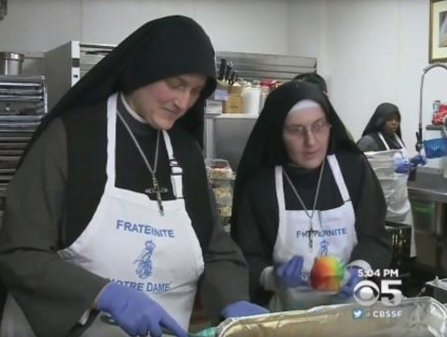And the Politicians are Clueless
- The political hacks keep authorizing the building more and more water using homes and businesses during a drought.
- California's population keeps increasing. The quality of life keeps decreasing.
(Capital Public Radio) - The U.S. Drought Monitor says warmer weather has increased concerns of early snow melt in California and the overall trend is for the multiyear drought to continue or even worsen.
"Out west, progressively warmer weather heightened concerns of early snow melt, with early-week rain and mountain snow falling short of weekly normals and doing little to ease long-term drought," according to the weekly report released Feb. 25.
"Despite some welcomed rain and mountain snow at the beginning of the weekly drought assessment period, a return to dry, warmer weather by week’s end renewed concerns of a sub-par Water Year even with the ongoing strong El Niño," the update noted.
The overall trend was toward maintaining or increasing the multiyear drought in California and other parts of the western U.S.
The Drought Monitor intensity levels are Abnormally Dry, Moderate, Severe, Extreme and Exceptional drought.
California remains 99.5 percent abnormally dry, 94 percent moderate, 81 percent severe, 61 percent extreme and 38 percent in exceptional drought.
"In the core drought areas of California and western Nevada, welcomed early-week rain and mountain snow gave way to warm, dry weather," the report says. "Despite locally impressive precipitation totals during the 7-day period (ending Feb. 23 at 4 a.m., PST), wetter-than-normal conditions for the week were confined to the northern-most counties in California as well as portions of the Sierra Nevada."
But precipitation over the past two weeks "has fallen well short of normal over most of the state."
"Nevertheless, a boost to northern California’s SWE (snow water equivalent) and reservoir storage led to a small reduction of Extreme Drought (D3). However, the recent overall trend toward warmer, drier weather - despite the ongoing strong El Niño - has raised concerns over increasing short-term drought impacts in addition to the region’s ongoing long-term ("L" Impact) drought.
"To illustrate, a pronounced pocket of short-term dryness extends from the foothills of the San Jacinto Mountains southeast of Los Angeles northwestward to Santa Barbara, where rainfall has averaged a meager 33 to 50 percent of normal during the current Water Year (since October 1)."
Read More . . . . 


























